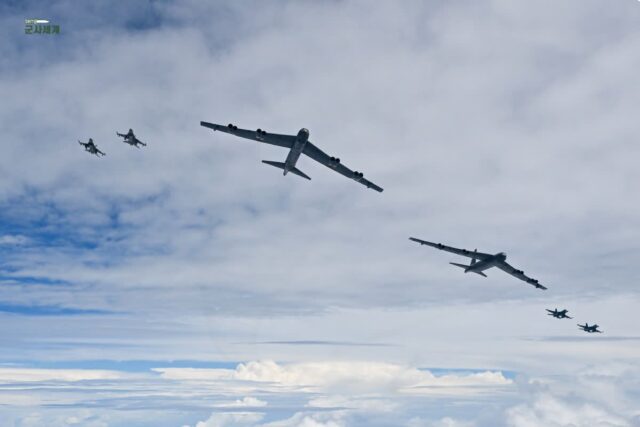ROK-U.S. Alliance Solidifies as Minister Kim and Admiral Paparo Discuss Security Challenges
BEMIL Views


On December 20, 2024, Acting Minister of National Defense Kim Seon Ho met with Admiral Samuel J. Paparo, Commander of the U.S. Indo-Pacific Command, to discuss the security situation on the Korean Peninsula and ways to strengthen the combined defense posture of South Korea and the U.S.
The meeting, which took place in South Korea during the ROK-U.S. Combined Forces Command change-of-command ceremony, included key officials such as newly appointed ROK-U.S. Combined Forces Commander Xavier T. Brunson, U.S. Ambassador to South Korea Philip Goldberg, and senior defense officials from both sides.
Minister Kim stressed that, despite challenging circumstances, South Korea’s military has maintained a strong defense posture under the acting president’s leadership. Both sides reaffirmed the “ironclad” nature of the ROK-U.S. alliance, which has been built on shared trust over the past 70 years. They committed to strengthening coordination and communication to further enhance the alliance’s military capabilities.
The two sides discussed the ongoing security threats posed by North Korea and agreed on the need to maintain an overwhelming combined defense posture. This would ensure they are prepared to respond swiftly to North Korean provocations.
Minister Kim emphasized the importance of continuing scheduled combined exercises and training to maintain readiness. Both parties also reaffirmed their commitment to trilateral security cooperation with Japan, which they see as essential for strengthening deterrence and response capabilities against North Korea’s nuclear and missile threats.
Both South Korea and the U.S. agreed to enhance their security cooperation with Japan. They committed to continuing high-level consultations, trilateral exercises, and information-sharing. This commitment builds on the “ROK-U.S.-Japan Security Cooperation Framework” that was agreed upon earlier in July, aiming to strengthen further the three nations’ ability to respond to regional threats.
















Comments0